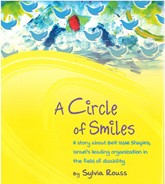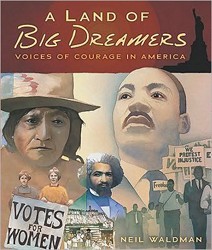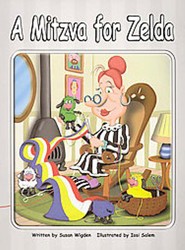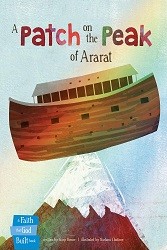Set in Hamburg, Germany in 1703, this book gives an excellent picture of what it is like to be poor, Jewish and female. The reader follows the hair-raising adventures of Johanna who tries to help her widowed mother by obtaining a job in an orphanage. The “orphanage”, however, is really a place where there is a medical experiment going on. The babies are not to be spoken to and, as a result, die from lack of emotional interaction. Therefore, Johanna decides she will leave and take one of the babies with her. However, she has no idea of the complications resulting from this decision. If she is captured, she will be sent to prison for kidnapping. Also, she has little experience in caring for a baby. Her only hope is to get to Amsterdam, a place where Jews are welcomed and where she and the baby can be safe.
The author shares multiple examples of the rampant anti ‑Semitism of the era and how it affects her heroine. Johanna’s father is attacked by robbers, called a dirty Jew, and beaten, resulting in his death. Since Jews could not hold jobs, Johanna has to change her last name and hide her Jewish identity. During her travels, a community is hit by the plague and the Jews are blamed even though many Jewish families also died. When her best friend finds out Johanna is Jewish, she shuns her.
How Johanna and the baby survive makes for exciting reading. Recommended for ages 11 – 14.





